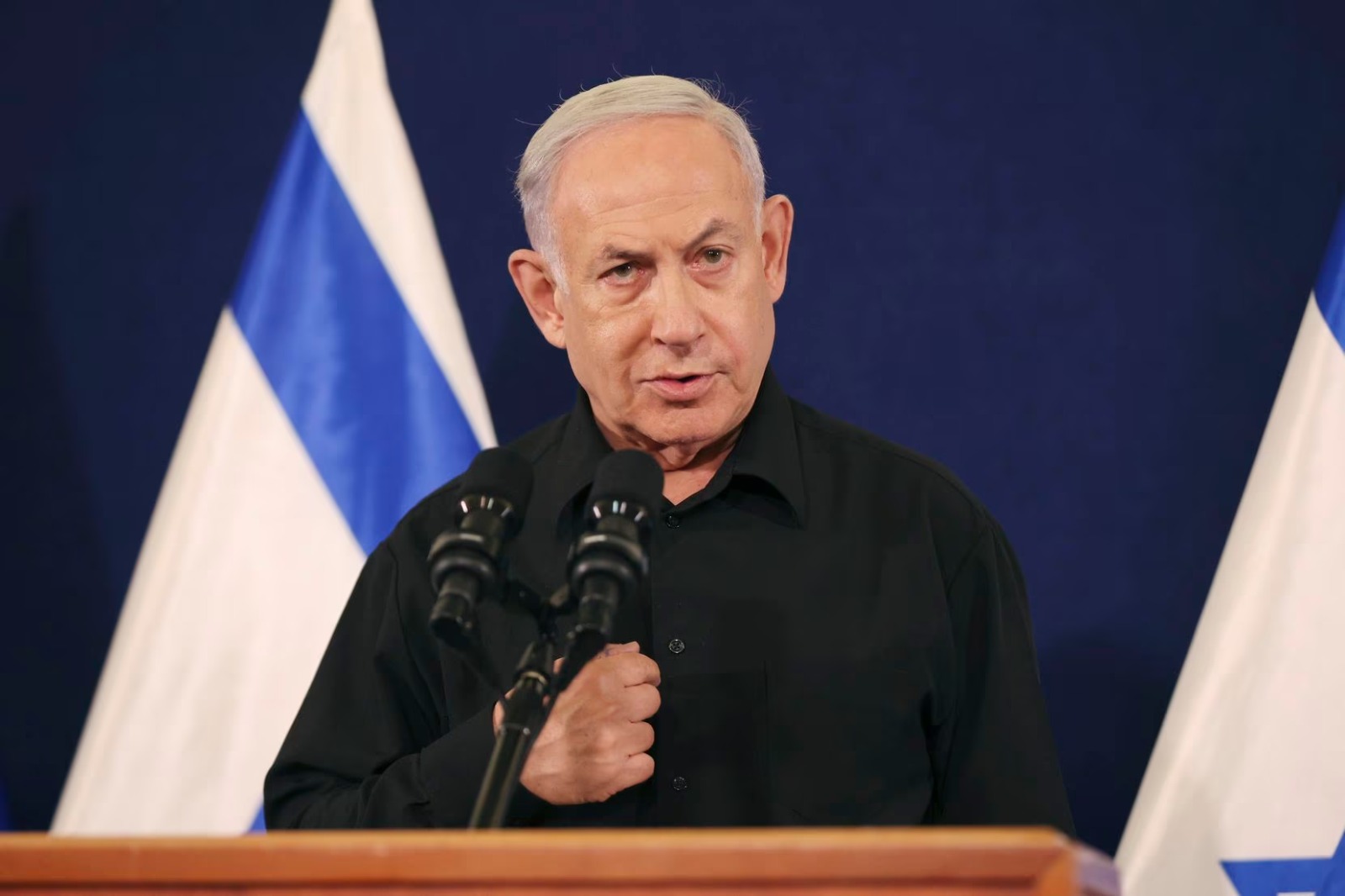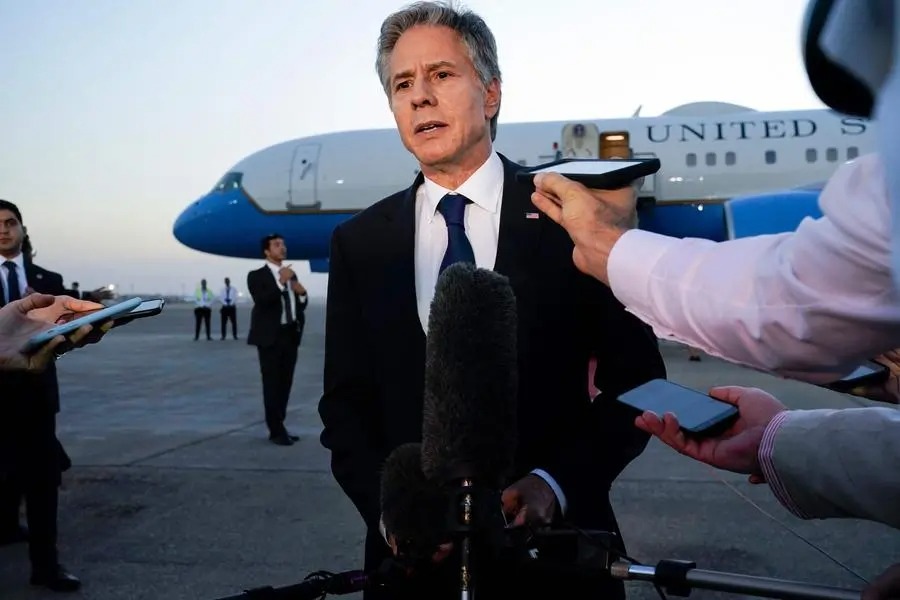Israeli Prime Minister Benjamin Netanyahu has declared that Israel will assume an “overall security responsibility” for Gaza once the ongoing conflict subsides. This declaration comes after weeks of relentless fighting that has left a devastating toll on both sides. Netanyahu, who resists international calls for an immediate ceasefire, has instead hinted at the possibility of shorter “humanitarian pauses.” Meanwhile, on the ground, the Israeli military continues to strike Hamas targets in Gaza from the air, sea, and on the ground.
Escalating Violence and Destruction
As the conflict rages on for a month since it was ignited by a Hamas attack on Israel, the region has witnessed escalating violence and destruction. The toll on human lives has been staggering, with more than 1,400 people killed in the conflict, and over 200 others kidnapped by Hamas. Israel’s response, a combination of air strikes and a ground operation, aims to target Hamas infrastructure while minimizing civilian casualties.
Netanyahu’s announcement of Israel’s “overall security responsibility” for Gaza, for an “indefinite period,” raises questions about the future of the embattled region. While Israel’s commitment to security in Gaza is aimed at curbing terrorist activities, it has the potential to reshape the dynamics in the region. Many fear that this declaration could lead to further polarization and unrest, and potentially complicate the prospects for a long-term peace agreement.
Devastating Impact on Gaza
The impact of the conflict on Gaza’s civilian population has been catastrophic. More than 10,000 people have been killed according to the Hamas-run health ministry, with over 4,100 of them being children. The destruction of homes, infrastructure, and livelihoods has left countless Gazans displaced and struggling to survive.
The southern city of Khan Younis has borne the brunt of the recent violence, as explosions rocked the area, leaving buildings in ruins. Images from the scene depict the heart-wrenching aftermath of relentless shelling and airstrikes. As the conflict persists, the humanitarian crisis in Gaza continues to deepen, with essential services and aid struggling to reach those in need.
International Response and Protests
The international community remains deeply concerned about the ongoing conflict, and pressure has been mounting for an immediate ceasefire. World leaders have called for an end to the violence, emphasizing the urgency of a peaceful resolution. The United Nations and other humanitarian organizations have been working tirelessly to provide aid and support to those affected by the conflict.
Amid these calls for peace, protesters have taken to the streets worldwide, demanding an end to the violence and expressing solidarity with the Palestinian people. In Jerusalem, a poignant demonstration took place last night, where crowds gathered to light 1,400 candles, symbolizing the lives lost in the conflict. Images of the hostages’ faces were projected onto the Western Wall, serving as a stark reminder of the human toll the conflict has taken.
In conclusion, the announcement of Israel’s “overall security responsibility” for Gaza, as well as the ongoing violence, has further complicated an already fraught situation in the region. The international community’s call for a ceasefire persists, and the plight of innocent civilians in Gaza remains a cause for grave concern.
















